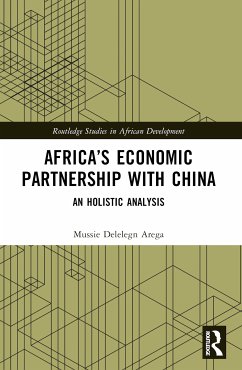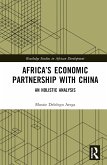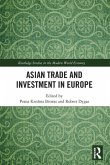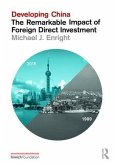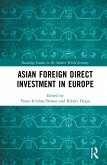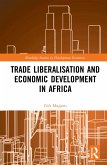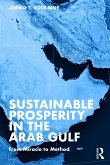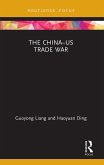This book examines how increasing Africa-China relations in the fields of trade, development finance and investment have impacted productive capacities and structural economic transformation in sub-Saharan Africa (SSA).
The book argues that statistical and empirical evidence shows that China's influence has not substantially altered the fundamentals in Africa, and instead outlines a framework of policy conclusions and recommendations to help achieve transformational growth and development. Despite increased Chinese investments in transport, energy, communications, and manufacturing, sub-Saharan Africa is yet to see tangible economic and development benefits according to the multidimensional Productive Capacities Index (PCI). External trade is dogged by the same problems as during the colonial era, with primary commodities dominating exports to China, and industrial or manufacturing products dominating imports, thereby leaving the region exposed to external economic shocks. The book considers whether there are lessons to be learned from the experience of Asian countries such as Vietnam, proposing pragmatic, coordinated, non-ideological, and non-confrontational policy approaches to development.
This book will be of interest to researchers, policymakers, advisors, academics, and practitioners with an interest in development in Africa, and China's increasing role in the continent.
The book argues that statistical and empirical evidence shows that China's influence has not substantially altered the fundamentals in Africa, and instead outlines a framework of policy conclusions and recommendations to help achieve transformational growth and development. Despite increased Chinese investments in transport, energy, communications, and manufacturing, sub-Saharan Africa is yet to see tangible economic and development benefits according to the multidimensional Productive Capacities Index (PCI). External trade is dogged by the same problems as during the colonial era, with primary commodities dominating exports to China, and industrial or manufacturing products dominating imports, thereby leaving the region exposed to external economic shocks. The book considers whether there are lessons to be learned from the experience of Asian countries such as Vietnam, proposing pragmatic, coordinated, non-ideological, and non-confrontational policy approaches to development.
This book will be of interest to researchers, policymakers, advisors, academics, and practitioners with an interest in development in Africa, and China's increasing role in the continent.
[This] book presents an alternative and thought-provoking narrative on Africa-China economic partnership based on unbiased and evidence-driven analysis and sound scholarly work. In that respect, the book sets the record straight on the nature of Africa's economic relationship with China and the implications for Africa's growth and sustainable development objectives.
Taffere Tesfachew (PhD), Former Director, UN technology Bank for LDCs, currently Senior Advisor, the Tony Blair Institute for Global Change (TBI)
Taffere Tesfachew (PhD), Former Director, UN technology Bank for LDCs, currently Senior Advisor, the Tony Blair Institute for Global Change (TBI)

